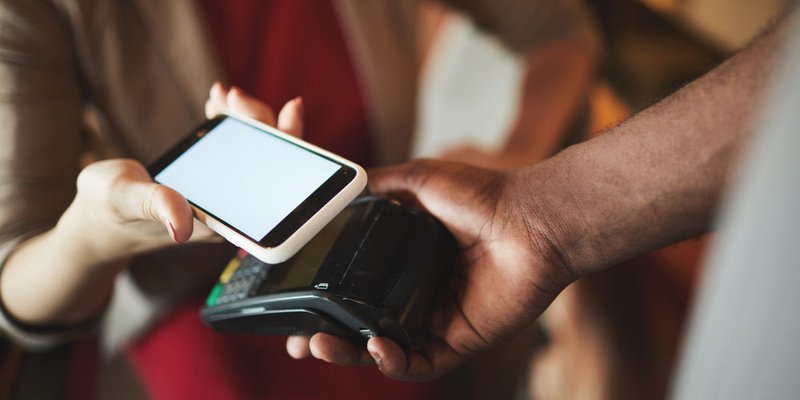
If you are not redirected within 30 seconds, please click here to continue.
Samedi: 10h – 16h HAE

If you are not redirected within 30 seconds, please click here to continue.
If you are not redirected within 30 seconds, please click here to continue.
Table of Contents
Apple Pay is making more inroads into Canada. Two of Canada’s biggest banks, CIBC and RBC, say starting now, customers with Interac debit cards and Visa and MasterCard credit cards issued through them, can use the Wallet App to load card information and then make purchases that will be charged back to those cards. ATB Financial and Canadian Tire Financial Services are also offering their credit card customers Apple Pay effective immediately. American Express cardholders have been able to use Apple Pay since mid-2015, but up until now, no big banks have been involved.
On its website, CIBC is advertising “The Easy Way to Pay is here with Apple Pay.” RBC’s website touts, “Working together to give you a more convenient and secure way to pay.” Both are correct. Apple Pay is a fast and convenient way to make point of sale purchases, but it still has its challenges.
How to pay with iPhone or watch
First, you need a few items to get started with Apple Pay, the most important being an iPhone 6 model or newer, or Apple Watch. You also need to be a customer at one of the participating banks and have a bank account or credit card issued through them. As well, you can only shop using Apple Pay at a limited number of retail establishments. These include McDonald’s Tim Hortons, Canadian Tire and Staples. You can see a full list of retailers equipped to accept Apple Pay here.
For those using Apple Pay here’s how it works. You use the Wallet App to capture information on your financial cards. The information is then stored in the app and can be unlocked by using your fingerprint. At stores that accept Apple Pay, you can tap your iPhone or Apple Watch on the terminal screen, much like you would when using the tap feature on your credit card. The charge is then sent to your card and your transaction is complete.
In a statement released by CIBC, David Williamson, Group Head, Retail and Business Banking says "Being able to do more everyday banking through a mobile device is now essential to client experience, which is why we are focused on delivering innovations like Apple Pay to our clients." They also mention that mobile banking is the fastest growing banking channel in Canada.
Currently, there are already options when it comes to contactless payments, mainly the tap feature on our debit and credit cards, made possible with chip technology.
But, the fact that big banks are getting on board with Apple Pay is a huge leap forward in what’s increasingly becoming a mobile payment market place. The remaining big banks, TD Bank, Scotiabank and BMO are expected to start offering Apple Pay in the next few months; however, no date has been announced yet.
These are early days for Apple Pay in Canada and it will take time, for banks, credit card companies, retailers and most importantly customers to start using the app in a bigger way.
Right now having Apple Pay doesn’t mean you can leave your wallet at home. Many purchases will still have to be made using your cards or old fashioned cash. It’s becoming clear that more and more people want to bank using their smartphone, but that will only work if the feature is widely available.
Get money-saving tips in your inbox.
Stay on top of personal finance tips from our money experts!











